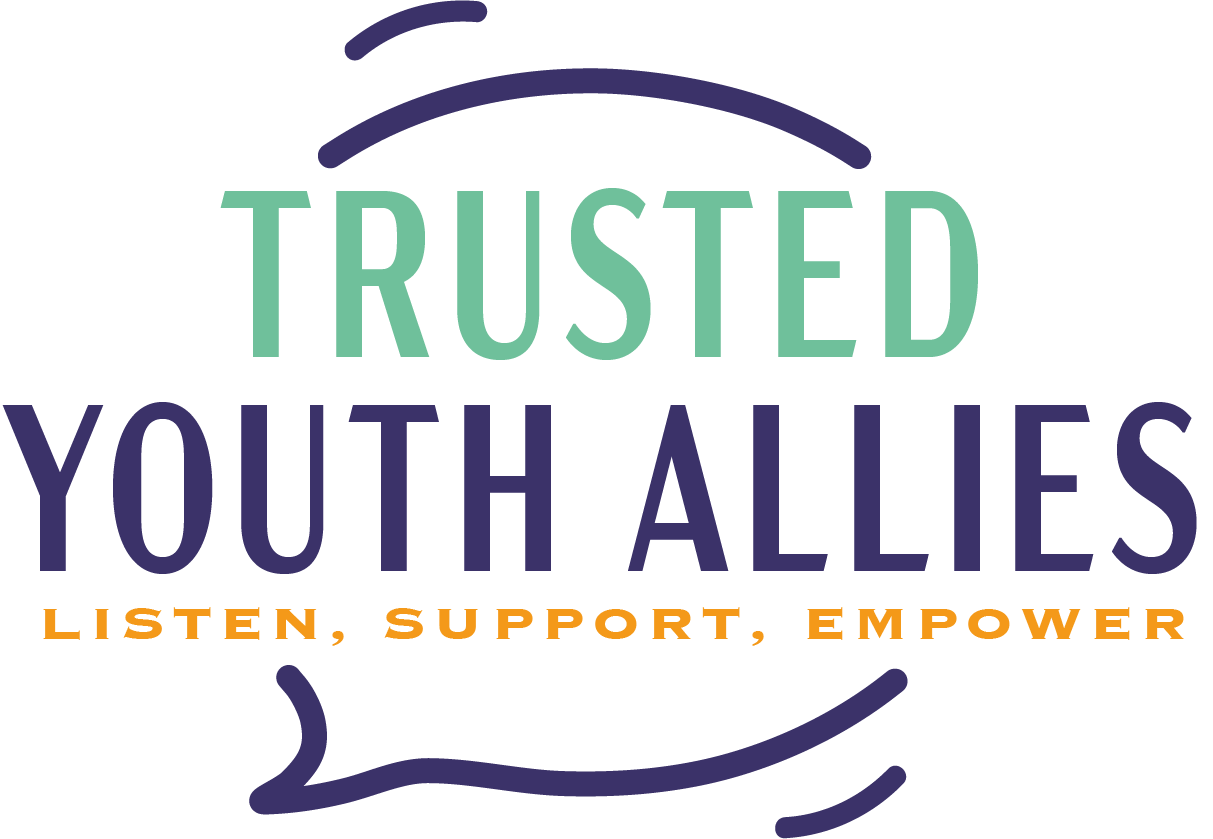Understanding Bullying: Bullying takes various forms, such as verbal abuse, physical harm, or online harassment. It can target your identity, beliefs, or appearance, leaving emotional scars. Recognising different types of bullying, including cyberbullying and prejudice-based bullying, is essential in addressing and managing its impact. What Are the Different Types of Bullying?
Seeking Help: Talking to someone you trust is the first step in addressing bullying. If the bullying occurs at school, reach out to teachers or counsellors who can provide support and guidance. Outside school, confide in family members, friends, or trusted adults. Reporting bullying and seeking assistance is essential in stopping it.
Online Safety: Cyberbullying, unfortunately very common in online spaces, can be distressing. If you experience online harassment, consider blocking or muting the perpetrator and reporting any abusive content. Adjusting privacy settings on social media platforms can also help with your online safety.
Signposting Support:
If you’re struggling with bullying or its effects on your mental health, there are many organizations offering confidential (private) support and help:
· Childline: Provides 24/7 confidential support for individuals under 19, offering counselling and online chat services.
· The Mix: Offers free online counselling and resources for young people under 25, addressing various mental health concerns.
· Shout 85258: Provides free, confidential, 24/7 text message support for all ages in the UK for anyone struggling to cope. They can help with issues including suicidal thoughts, depression, anxiety, panic attacks, abuse, self-harm, relationship problems, and bullying. Text “Shout” to 85258 to speak to an empathetic, trained volunteer who will listen and work with you to solve problems. Shout Support
· Young Minds Crisis Messenger: If you’re experiencing a mental health crisis you can contact Young Minds Crisis Messenger service by texting “YM” to 85258. They can help with urgent issues such as suicidal thoughts, self-harm, bullying, and relationship issues.
· Epic Friends: Mental health problems are not unusual. This website helps young people aged 12 to 18 understand and support their friends through difficult times. Epic Friends is about helping you to help your friends who might be struggling emotionally.
· KeepCool (King’s College London): This is an educational video series from King’s College London created to help young people learn about and cope with strong emotions. KeepCool Series
· Samaritans: Offer confidential emotional support to anyone in a crisis. Help lines (24hrs).
· Feeling overwhelmed: Information leaflet produced by RCPsych, on how to cope when you feel overwhelmed emotionally. Information Leaflet
· National Bullying Helpline: A nationally recognised advice centre, provides a helpline for people struggling with bullying issues for all types of bullying including cyberbullying. You can visit National Bullying Helpline.
Empowerment & Resilience:
In the context of managing bullying, resilience plays a major role in empowering us to withstand and overcome its negative effects. Resilience involves fostering the inner strength and adaptive coping mechanisms necessary to withstand adversity and thrive despite challenging situations like bullying. It is important to remember we have a unique special resilience inherent in all of us that we can build up. Here are some additional tips to build and keep resilience in the face of bullying:
1. Begin with Your Strengths:
Start by thinking about what you’re good at. Think about things you enjoy or are good at, like playing a sport, cooking, or being a good friend. Think about what makes you good at it. What do you need? This could be patience, determination and or making plans. This helps recognise and remind you of your skills. If you’re not sure, think about what parts of your day are easier for you or what tasks you feel positive doing.
2. Practising Self-Care:
Take time to do something fun or relaxing on a regular basis, like listening to music or taking a bubble bath (or both!). These relaxing activities can help you calm down and think clearly. It’s also a way to take care of yourself, even when you’re feeling down. This can make you feel better about yourself and help you bounce back.
3. Remember Times When You Faced Challenges:
Even the things we’re good at can be tough sometimes. Think about a time when you had to work hard or change how you did something. For example, maybe you cooked a complicated meal by breaking down the recipe into smaller steps or began to practice football much more before your football tournament. What did you learn from that experience? How can you use it to help with other challenges?
4. Strengths in Other Parts of Life:
Think about how your strengths can help in other areas of your life. Maybe being good and managing your time when baking could help you at school with deadlines when things get busy. Or maybe being a good listener as a friend can help you better solve problems in other parts of your life. Maybe you’re not only skilled at managing your time while playing sports, but you’re also highly adaptable. Your ability to quickly adjust to changing game situations could easily translate into navigating unexpected challenges. Try to use your strengths whenever you face a challenge.
5. Think About, Notice and Celebrate:
Reflect on your progress and celebrate your achievements. Learning to deal with challenges and complex life events like bullying takes time, so it’s important to recognize all the good things you’re doing. Take some time each week or month to think about how you’ve handled challenges and celebrate your successes. For example, you could simply list these in your head or write them down. You could then reward yourself after with something fun, like cooking your favourite meal or watching a TV show you love.
Remember, building resilience takes time and effort, but it is a helpful ability that can empower you to overcome challenges. You are not alone, and reaching out for support if you encounter bullying is a big step towards healing and growth.
